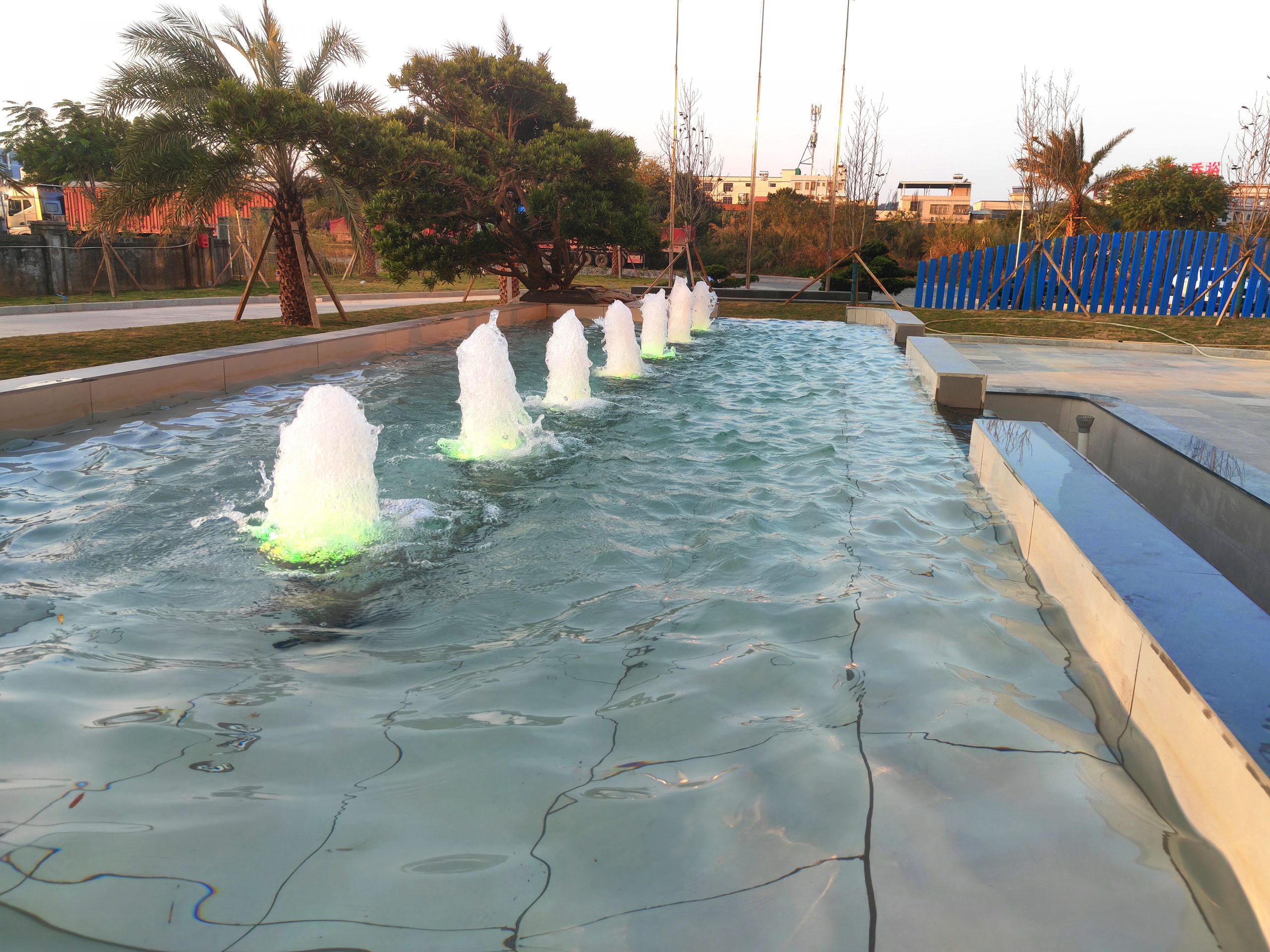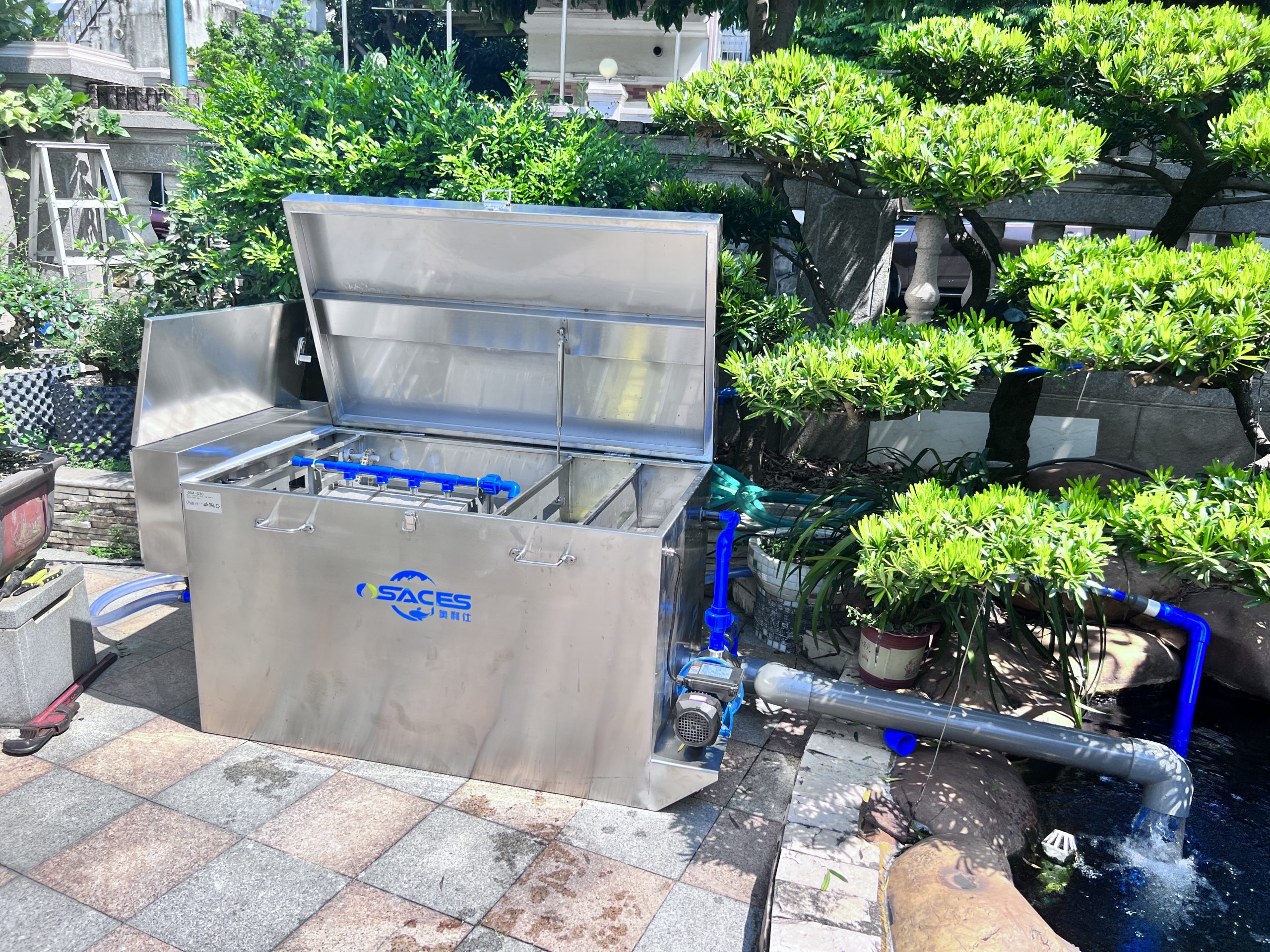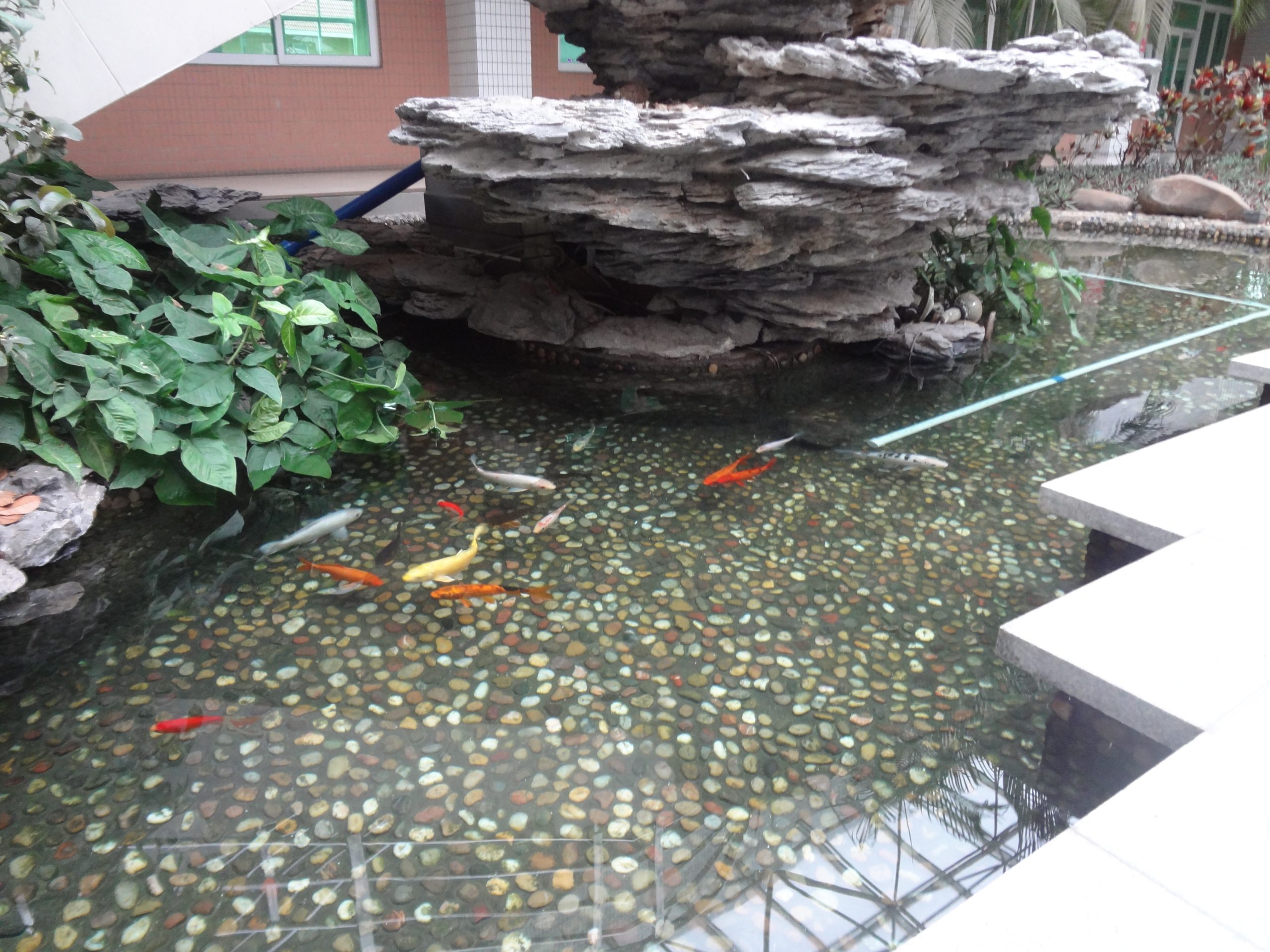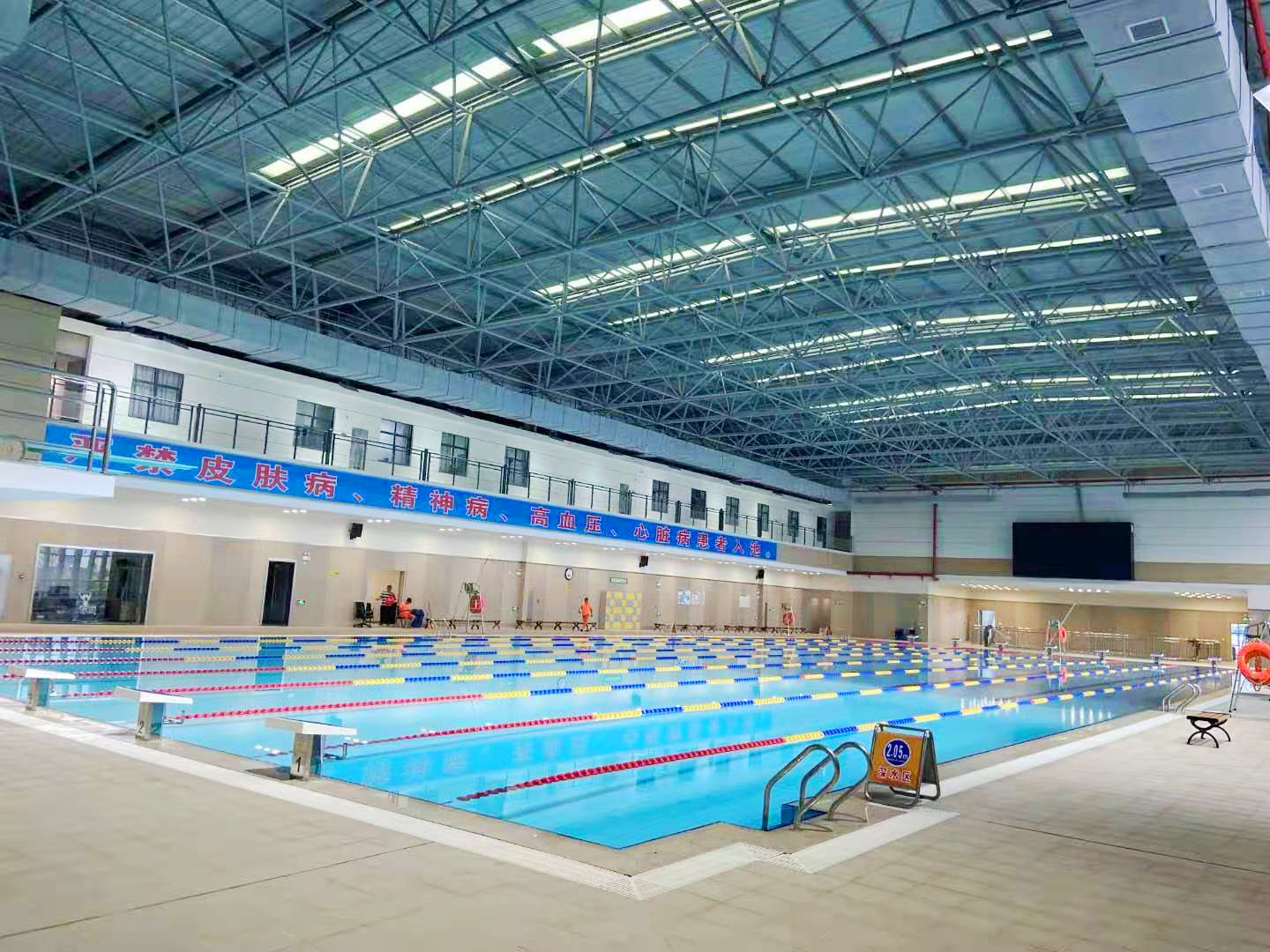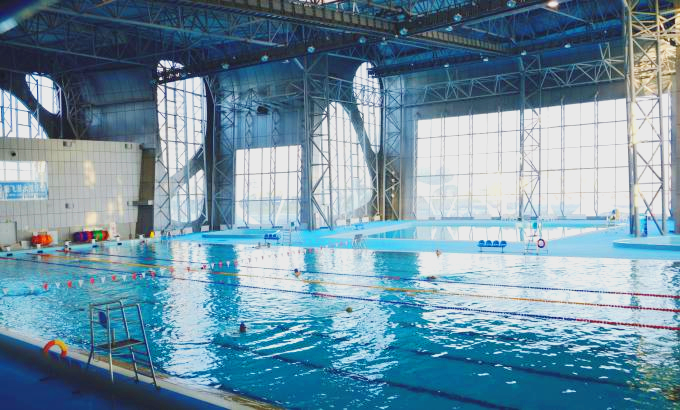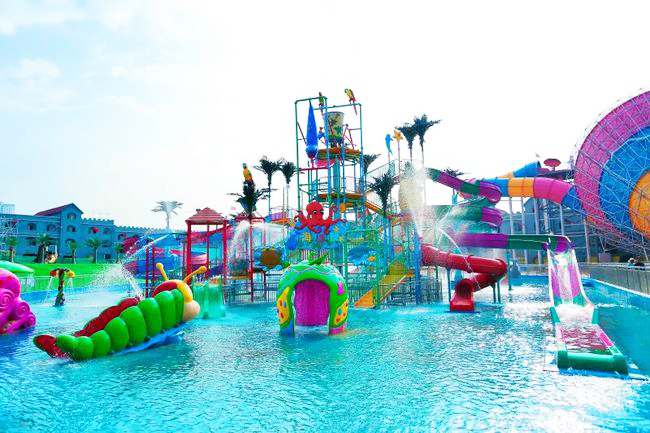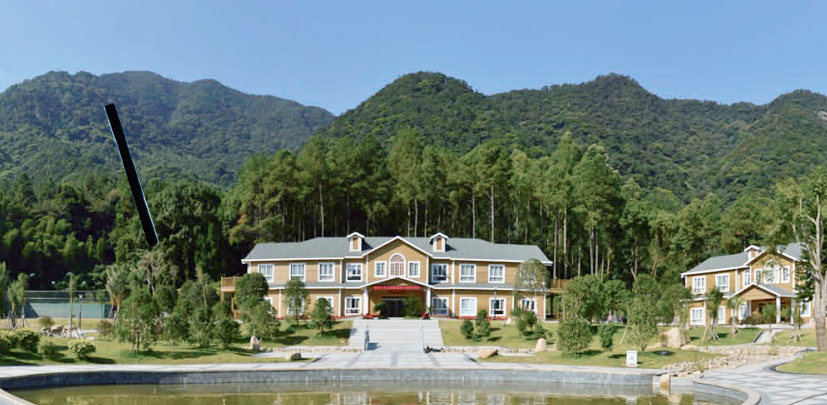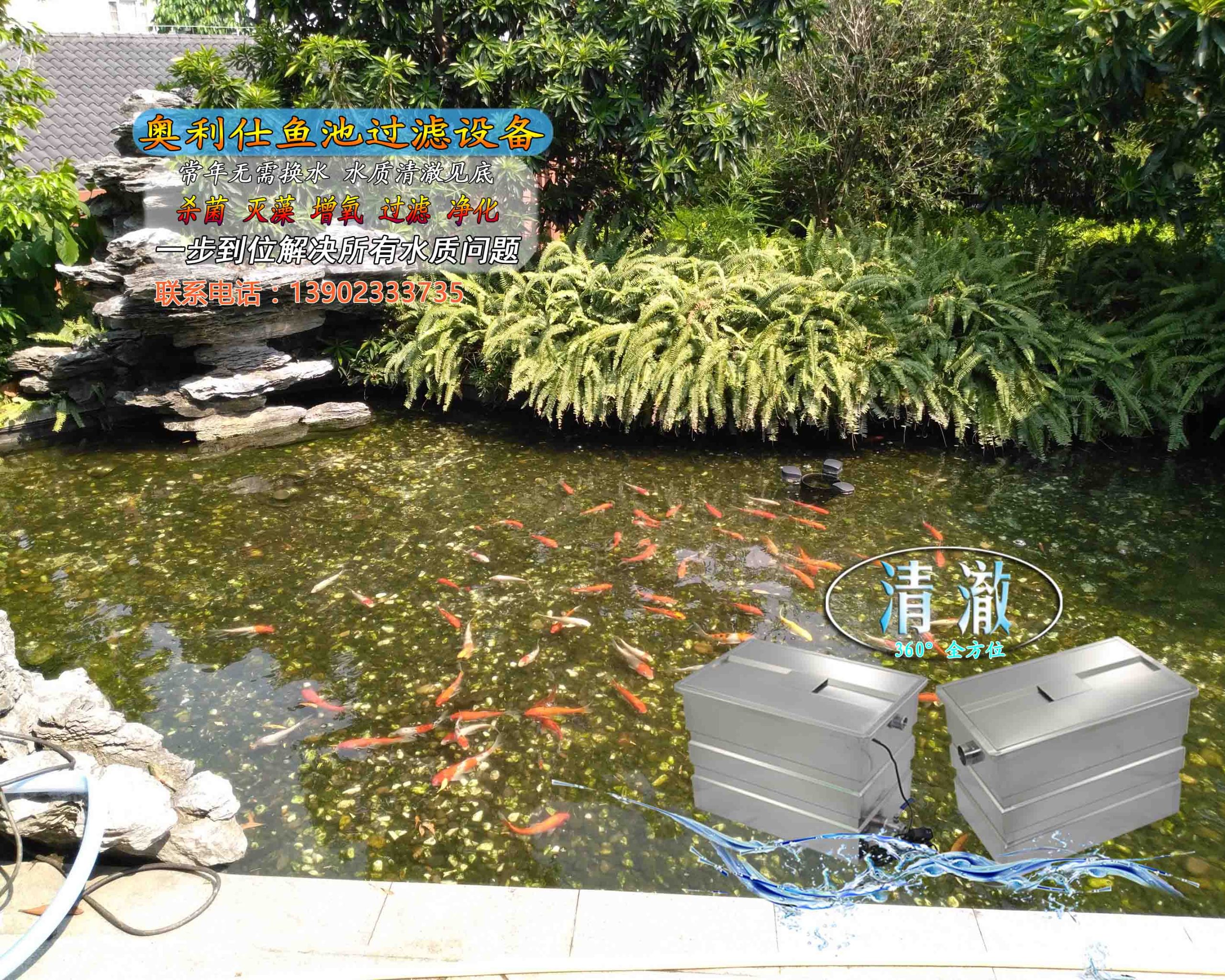common problems
contact details
 Ollies (Guangzhou) Recreation and Sports Equipment Co.
Ollies (Guangzhou) Recreation and Sports Equipment Co.Tel: (020) 82686289
Fax: 020-82694853
Headquarter: No.31-37, Xincun 2 Road, Shangjiang North Street, Dongzhou Village, Xintang Town, Zengcheng City, Guangzhou, Guangdong, China
Koi Sickness and Signs
Most diseases of koi can be said to be caused by mismanagement by the breeder. Examples include failing to notice drastic changes in water temperature; injuring the fish by irregularities when moving the koi. If you wait until symptoms appear, it is often too late to treat koi diseases. The trick to keeping koi from getting sick is to detect and treat them before they get sick. Therefore, it becomes especially important to be observant and to be an attentive koi owner during the day. This is because most diseases, in their early stages, show some abnormalities:
I: Changes in the body surface of the fish:
Most diseases show symptoms on the surface of the fish, which can be easily detected by daily observation, and any abnormality should be scrutinized immediately. Anchorhead lice, a common parasite, are found on the fins, especially the pectoral fins, and are visible to the naked eye. In addition, pay attention to whether the fish body is congested, whether the gloss is faded, whether there is a white film attached to the surface of the fish, etc..
2, outliers:
Healthy koi will swim together in a group. If they are left alone, they indicate a problem and are usually slow or even uncontrollably swimming in and out of the pond, or shrinking in the corners of the pond.
3The pectoral fins are spread out and resting on the bottom of the pool.
When normal, koi sleep with their pectoral fins closed and resting on the bottom of the pool. If they are sick, they open their pectoral fins, bend their bodies and lie weakly on their backs. If they are frightened, they will swim, but after a while they will sink to the bottom, if this is the case, attention must be paid.
4, breathing heavily:
In general, koi breathe calmly, turning sharply when they are sick. If they breathe with their mouths wide open in an agonized manner, it means that they are seriously ill. They often surface or scurry around with their mouths open and must be watched carefully.
5, no appetite, abnormal feces:
Koi feeding depends on the temperature of the water, the degree of hunger or the environment, etc. If they do not feed, they are not necessarily sick, but it is important to note whether it is caused by disease. If you find feces floating on the surface of the water, you should pay attention to whether there is any problem in the digestive system or check whether the feed is spoiled or expired.
6, gill rot:
There are usually no symptoms on the outside, but lifting the gills often reveals whitening or darkening, or even curling or missing. So don't forget to check the gill covers when you notice your fish is not active.
Related content
- From zero to professional: a complete guide to pool equipment configuration that even a beginner can understand
- The Golden Ratio of Swimming Pool Ventilation and Dehumidification Systems: The Balancing Act of Airflow, Humidity and Energy Consumption
- Specific benefits of dehumidifiers for new swimming pools
- Industrial solutions for fish pond water quality management: How to break through the bottleneck of traditional operation and maintenance of filtration systems?
- Theoretical and empirical study on the design of fish pond filtration system with ultra-volumetric capacity.
- Fish Pond Filter Professional Maintenance Guide
- Reveal the password of the top fish pond filtration: filter media layering golden ratio + anaerobic / aerobic area with strategy
- Fish Pond Cleaning|Physical + biochemical filtration double maintenance, 30 minutes to restore the ecological balance of water quality!

